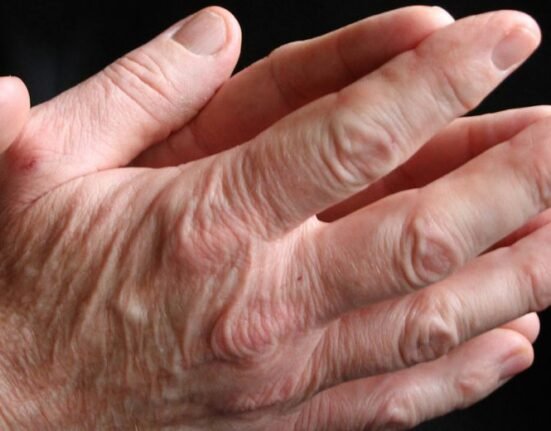August 12, 2024: Lykos Therapeutics’s ecstasy drug or midomafetamine capsules for the treatment of post-traumatic stress disorder in adults was rejected by the US drug regulatory body, according to the company.
The US Food and Drug Administration has requested additional end-stage trials and stated it would not approve the drug based on data submitted so far.
The body has requested that Lykos conduct an additional Phase III trial to further study the safety and efficacy of midomafetamine (MDMA), according to an August 9 company statement.
Lykos plans to request a meeting with the FDA to ask for reconsideration of the decision and to further discuss the agency’s recommendations for a resubmission seeking regulatory approval for the capsules.
Adverse events
“The issues expressed in the complete response letter echo those raised during the FDA Advisory Committee meeting on June 4, 2024.”
The FDA’s advisory committee rejected Lykos’s drug, as the advisers voted 10-1 against the overall benefits of ecstasy in the treatment while nine of the 11 members said the data available so far did not prove the effectiveness of the drug in PTSD patients.
The FDA’s staff reviewers said there was “a striking lack” of documentation of abuse-related adverse events, which may limit the agency’s ability to explain the effects of MDMA or determine its abuse liability.
On February 9, 2024, the FDA granted Lykos’s application a Priority Review.
‘Limited number of subject matter experts’
About 13 million Americans live with post-traumatic stress disorder, a condition that has not had new treatments available for nearly 25 years.
According to the latest statement from Lykos, the company and “other stakeholders” had expressed concerns about the structure and conduct of the Advisory Committee meeting.
They were of the view that the panel had a limited number of subject matter experts and the nature of the discussion, which at times “veered beyond the scientific content in the briefing documents.”
“FDA itself has acknowledged potential problems with the advisory committee process and has opened a public docket seeking comments on how it can be improved.”
In its response Lykos defended its stand on the decision of the panel.
‘Deeply disappointing’
“Lykos acknowledges that midomafetamine-assisted therapy represents a novel combination of drug and therapy that raises unique research questions and will continue to engage the FDA as appropriate on these challenges.
“Lykos remains committed to continuing development of this integrated approach.”
Amy Emerson, Chief Executive Officer of Lykos Therapeutics said that a new end-stage trial would take several years.
The issues raised during the advisory committee meeting could be addressed with existing data, post-approval requirements or through reference to the scientific literature, she said.
“The FDA request for another study is deeply disappointing,” she said.
Resubmission
Following the FDA meeting, Lykos expects to provide an update on the next steps for the resubmission of its application.
“We intend to work tirelessly and use all available regulatory pathways to find a reasonable and expeditious path forward for patients who deserve access to midomafetamine-assisted therapy for PTSD.”
Jennifer Mitchell, PhD, Professor of Neurology and Psychiatry and Behavioral Sciences at the University of California San Francisco said: “The FDA’s decision to request another Phase 3 study is a major setback for the field.”
Midomafetamine capsules have not been approved by any regulatory agency. The safety and efficacy of midomafetamine have not been established for the treatment of PTSD.
Investigational midomafetamine is also being studied in other indications.
Need ‘rigorous evidence’
Dr Robert Steinbrook, director of Public Citizen’s Health Research Group, said: “The FDA made the right decision by declining to approve MDMA based on data and by requesting that Lykos Therapeutics conduct an additional Phase III trial to further study the safety and effectiveness of the drug.”
“Although psychedelic drugs are a promising approach to mental health care, FDA approval of a new drug should always be based on rigorous evidence of safety and effectiveness,” he said.
“By declining to approve MDMA, the FDA will encourage the company as well as other researchers studying psychedelic drugs to conduct better clinical trials,” the nonprofit consumer advocacy organization’s Steinbrook said.








